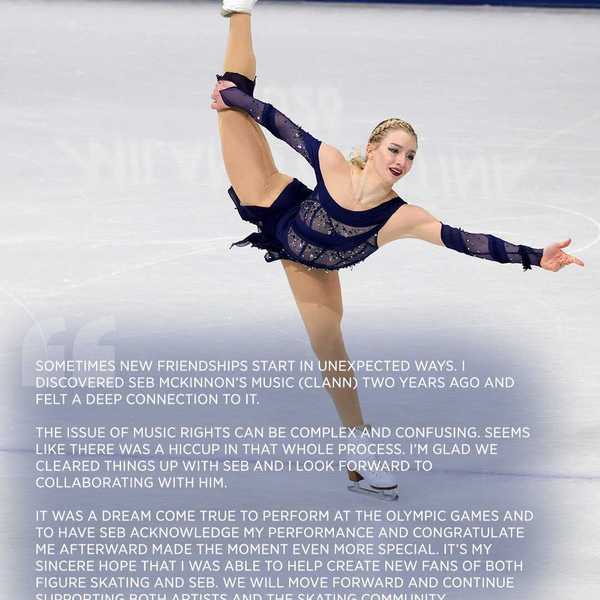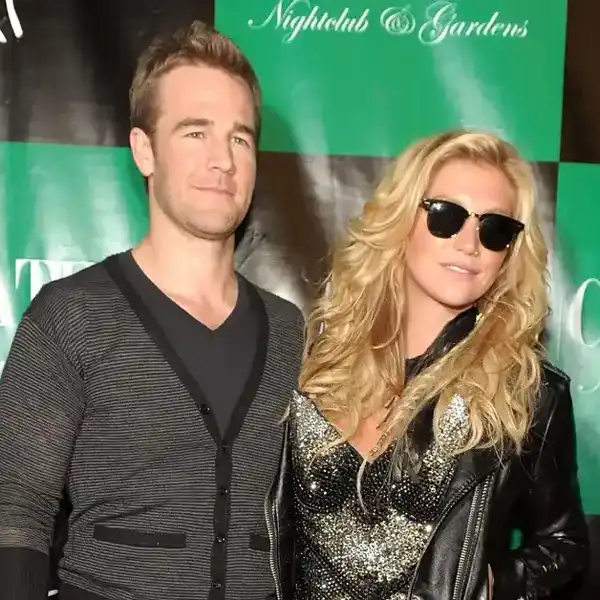
By David Farrell
CRTC rejects web censorship proposal
Canada's telecom regulator has rejected a proposal from numerous media giants, including Bell and the CBC, to institute a system for blocking websites accused of piracy.
The proposal came from the FairPlay Canada coalition, a group started by Bell Canada that eventually came to include the CBC, Rogers, cinema chain Cineplex and labour union Unifor, among others.
In a decision issued Tuesday, the CRTC, in essence, said it doesn't have the jurisdiction under the Telecommunications Act to force internet service providers to block access to certain websites, as the Bell-led coalition had asked. – Daniel Tencer, HuffPost
From copyright term to simsub: Breaking down the digital NAFTA deal
Canada and the U.S. reached agreement late Sunday (Sept. 30) on a new NAFTA (now renamed the U.S.-Mexico-Canada Agreement or USMCA). While much of the focus is on the dairy industry, dispute resolution, and the auto sector, the agreement will have significant implications for intellectual property, digital policy, and broadcasting. It will take some time to examine all the provisions, but the short-hand version is that Canada has agreed to extend the term of copyright, saved the notice-and-notice system for copyright infringement claims, extended the term of protection for biologics at significant long-term cost to the health care, agreed that Internet companies are not liable for third-party content, extended border measures on counterfeiting, and promised to drop the CRTC policy that permitted U.S. commercials to be aired during the Super Bowl broadcast.
With few exceptions, the U.S. adopted a Trans Pacific Partnership+ approach with the TPP provisions plus some additional changes it did not get as part of those negotiations. This is notable since Canadian authorities admitted that the TPP went far beyond any previous Canadian free trade agreement. – Michael Geist blog
Trump eliminates the middleman in his war against journalists
The White House doesn’t want to talk to reporters. Trump largely wants to talk to reporters only if they praise and reinforce him — Fox News — or if he can berate and embarrass them. It is not how a president generally interacts with the media. But as New York university professor Jay Rosen notes, it is what a leader who operates outside the constraints of a democracy is prone to do. – Philip Bump, The Washington Post

















